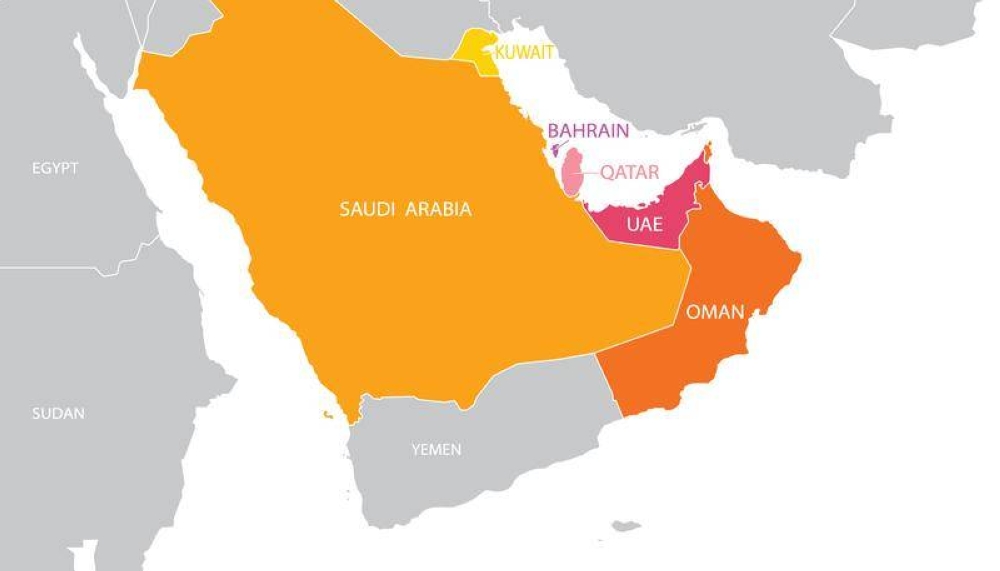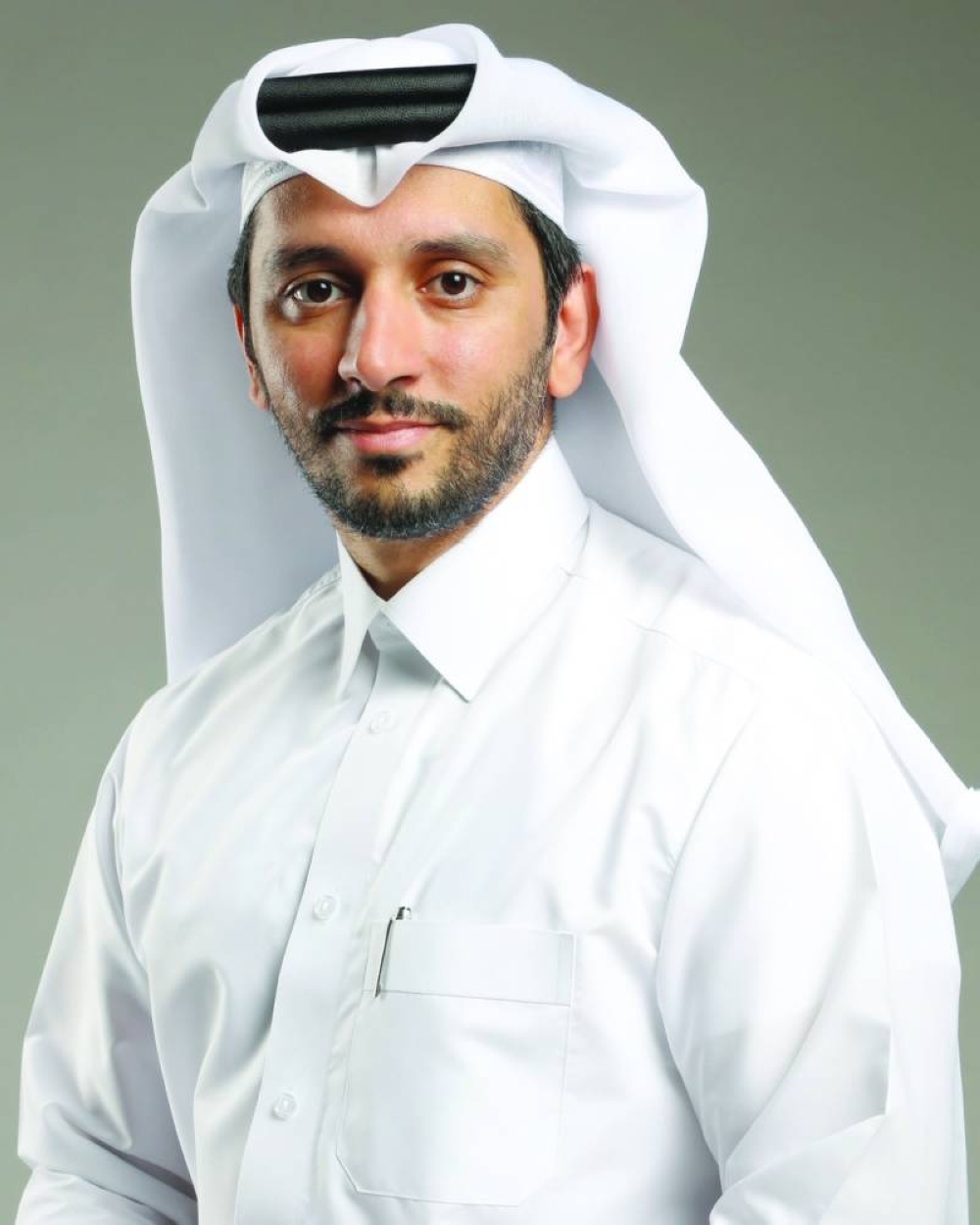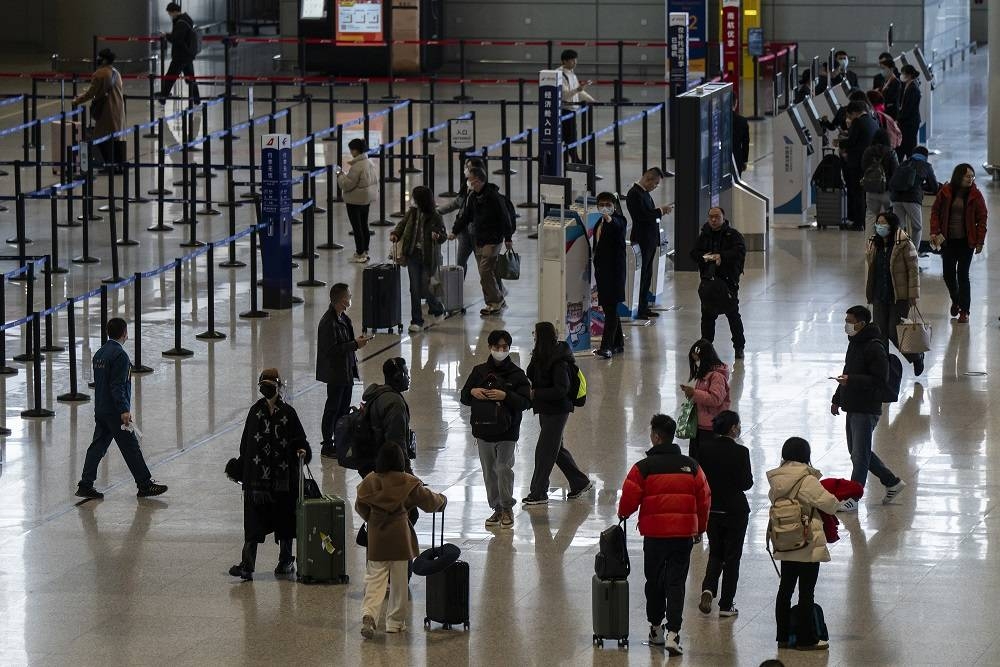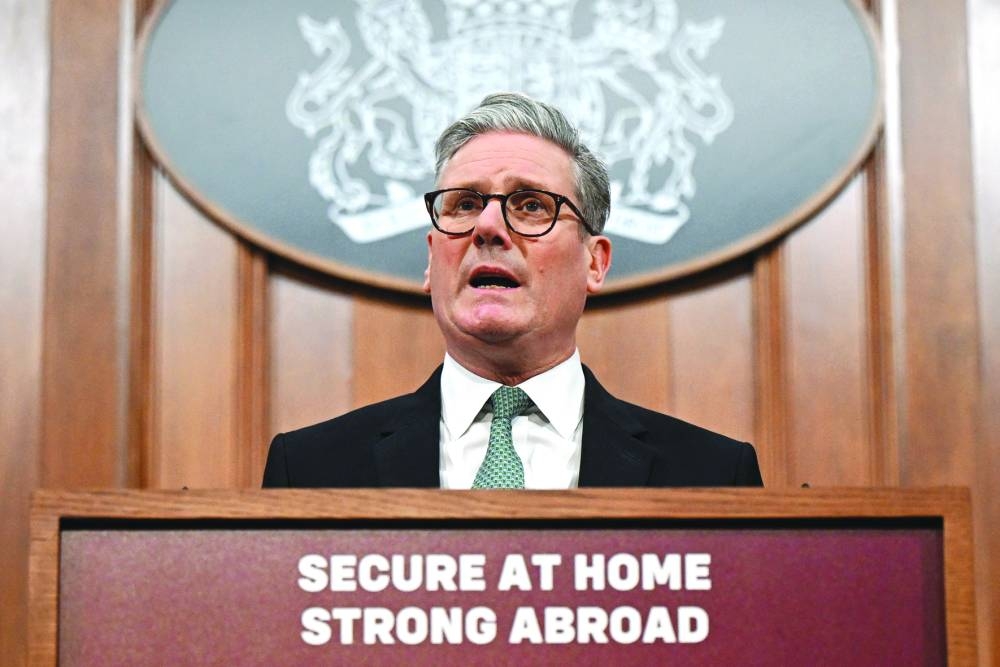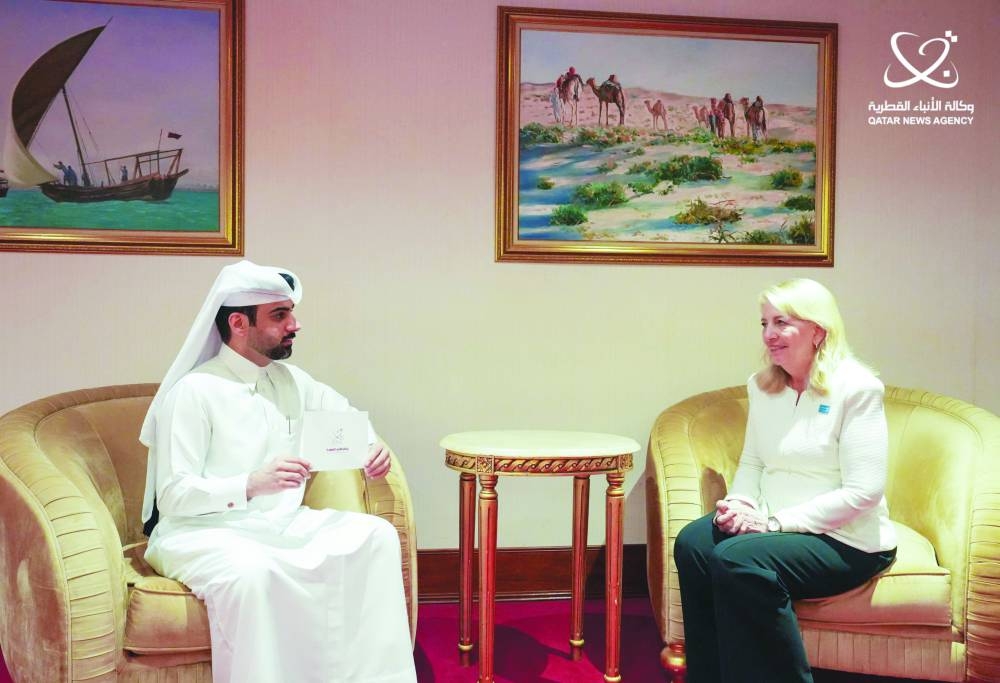South Korea’s birthrate, the lowest in the world, rose in 2024 for the first time in nine years, as more couples tied the knot after pandemic delays, and as policy efforts to incentivise companies and Koreans to embrace parenthood start to pay off. Nam Hyun-jin, 35, who had her second daughter last August, said she has seen a social shift, driven largely by the government’s broadened policy support and more companies joining the efforts. “The society as a whole is encouraging childbirth more than five years ago when we had our first child,” Nam said. And, more importantly, “it’s the company culture of encouraging childbirth that is providing huge help,” said Nam, whose employer – Booyoung – started to give out 100mn won ($70,000) from last year to its employees for childbirth bonus. That shift in societal norms could prove pivotal in a country that over the past decade has seen its birthrate plummet to the lowest in the world, as women prioritised career advancement over marriage or parenthood due to the rising cost of housing and raising a child. The stakes are high, as the demographic crisis has become the biggest risk to growth in Asia’s fourth-largest economy and its social welfare system, with the country’s population of 51mn on track to halve by the end of this century. In 2024, however, the glum statistics on South Korea’s fertility rate turned a corner. It rose to 0.75, still a global record-low, from 0.72 in 2023, after eight consecutive years of declines from 1.24 in 2015 despite billions of dollars spent by the country to try to reverse the trend. While the rise mostly reflected an increase from pandemic-disrupted marriages, other numbers suggest it could be more than just a Covid blip and that government policies are having an effect. Quarterly data showed the number of second newborns, such as Nam’s, jumped 12% in the second half of 2024, versus an 11% rise in first-born babies. “There is a high possibility of further rises (in fertility rate) in coming years, and we are right at the inflection point,” You Hye-mi, presidential secretary for population policy, told Reuters. Last year, now-impeached President Yoon Suk-yeol proposed a new ministry devoted to tackling the “national demographic crisis”, aiming for a broader approach from earlier years of less-effective cash-focused support. Interviews conducted by Reuters over the past week with policymakers, industry experts, economists and Korean mothers credited the government’s policy support – in three areas of work-family balance, childcare and housing – and a campaign to encourage business to incentivise employees on parenthood for the positive turn. The government plans to spend 19.7tn won ($13.76bn) in the three focus areas this year, up 22% from 2024. “Korea faces some of the world’s most challenging demographics. The government didn’t overstate the case when it declared a national demographic emergency in June,” says Kathleen Oh, Morgan Stanley’s chief Korea and Taiwan Economist. “The good news is that the sense of urgency appears real, with authorities moving toward structural reforms and away from short-term fixes.” Policy changes over the last year include employees being paid 100% of their salary for a maximum of six months, if both parents take parental leave, compared with a maximum of three months earlier. Additionally, the maximum period was extended to 1-1/2 years, from 1 year, if both parents take leave. Paternity leave has also been extended to a maximum of 20 days from 10 days. The government will pay employees at small and medium sized enterprises (SME) their wages during the leave. From this year, the government is making it mandatory for listed companies to include their childcare-related statistics in regulatory filings, with incentives for government projects and financial support for SMEs. The policies appear to be bearing fruit. In 2024, marriages rose even more sharply, at the fastest pace on record, after climbing in 2023 for the first time in 12 years on a post-pandemic boost. In last year’s government survey, 52.5% of South Koreans expressed positive views about marriage, the highest since 2014. “The government has prepared as much as it could at an institutional level, and now we need more companies embracing it,” said Shin Kyung-ah, sociology professor at Hallym University. Last year Booyoung saw a surge in childbirths among employees after the construction firm announced the bonus scheme. “After all, it is for companies to survive. We build apartments, and they will be sold only if there are enough people to live in,” said Kim Jin-seong, human resources director at Booyoung. Booyoung’s move was later followed by more incentives from the government, such as tax exemption on childbirth bonuses, and similar efforts by other companies, including game developer Krafton which is also planning a 100-mn-won scheme. “We need to make sure to keep the spark alive, which was hard to make, by quickly filling in the blind spots of low-birth policies, such as free-lancers and the self-employed,” Choi Sang-mok, the finance minister who is currently serving as acting president, said this month. For some, however, especially among the younger generation, the “spark” is missing. “I think it is not that welcomed, because it is difficult and costs a lot of money to get married, have a baby and family in the Korean society,” said Kim Ha-ram, 21, a student. South Korea’s last baby boom was in 1991-1996. It now aims to raise the fertility rate to 1 by 2030, which is still far below the rate of 2.1 needed for a steady population. Hallym University’s Shin sees South Korea’s temporary workers, the second-highest rate among Organisation for Economic Co-Operation and Development countries at 27.3%, compared with the average of 11.3%, as a demographic challenge. “The gap is huge between big and small companies in South Korea, and between those employed permanently and temporarily, so the government needs to be more creative to have the system established for all,” Shin said. Jung Jae-hoon, a professor of social welfare at Seoul Women’s University, endorsed Shin’s view that companies should do more to complement government efforts. “Childcare systems are well established now at a society level through government investments, but we still need companies to change to become more family-friendly, which makes it a job half done,” Jung said.
Thursday, February 12, 2026
|
Daily Newspaper published by GPPC Doha, Qatar.



